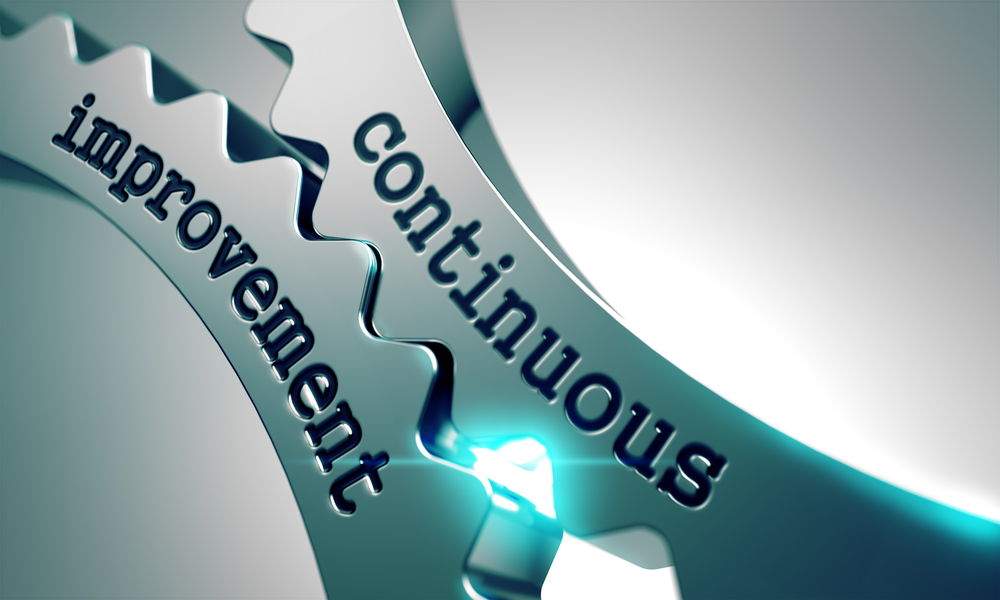Breaking the Cycle: Embracing Change and Evolution in ERP Strategies
In the realm of business operations, ERP (Enterprise Resource Planning) systems hold significant importance. However, there is a common saying that...

Listening. It should be such a simple thing to do. But, how many of the professionals that you work with actually listen to you? In our present digital age, customer service is still a core pillar in the marketplace. ‘
Listen to the customer (or client),’ is supposed to be the standard in service. It’s not- at all. In fact, listening, ironically, appears to be a bigger challenge the more that’s at stake.
I see this basic act of customer service come up lacking across industries every day even though “being heard” is something every customer wants. No matter what kind of customer you are, when you’re deciding whether or not you’re going to use professional services (i.e. a healthcare specialist, auto mechanic, financial planner, or a professional services consultant), I would venture to say you want the person working with you to be knowledgeable, professional, and someone who will listen to your specific needs and goals. It may be a subconscious desire, but I still expect you're being heard to be near the top of your list. Unfortunately, being heard is disappointingly rare.
Here’s a recent example: At KnowledgePath, we use a lot of cloud-based tools on a daily basis. Recently, I noticed one of them wasn’t working the way it always has – a change that impacted the reason we use that particular tool. I reported the change to the tool’s help center and recommended they consider addressing the “bug” in their next update as it was now requiring multiple extra steps on the end-user (me) to work around.
The response I got baffled me, “It’s not a bug. It’s how the system is set up. It will not be considered as an improvement in any future rollouts.” No apology, just a curt response and a link to an article on their blog I could reference.
Dismayed I thought, “Wait- are you listening???”
I’d been a loyal, paying customer using this tool for years. The product change that I reported to “customer service” was now burning up extra time because it required workarounds. I re-read everything I’d submitted to them. I had been very clear about the issue. My takeaway: either they weren’t listening, or they just didn’t care.
Their response made me feel the opposite of a valued customer. Tip: this is not the feeling you want a customer to have after using your product or service. I am now actively searching for a replacement for this tool that will provide the efficiency I need, and, just as important, whose customer service will treat me as a valued customer.
The point of my story above is something you should consider when you’re looking to enlist professional services- especially when it’s your business that is at stake.
If you are looking for a new system, are they addressing real concerns or giving you say-what-you-want-to-hear answers? Do they take customer feedback into account during updates and improvements? If you are interviewing professional services firms, are they really listening to your goals and pain points, or are they listening for what they want to hear so they can maximize their bottom line? Are you having a two-way conversation so you understand what can and cannot be accomplished, or do you just get excuses, blow-offs, or links to articles that may or may not contain the answer you need?
If they don’t actively listen to you, you need to look elsewhere. You might be ready to get your ERP transformation underway, cut the check, and get things rolling, but if you are partnering with someone who isn’t going to hear your needs, it will cost you more time and more money, and maybe even the success of the project down the road. The first criteria you should expect your provider to meet: do they listen?
The bottom line is this: you want to work with someone who will address your specific needs. If they don’t listen, they cannot accomplish this most basic of requirements, so why would you trust them with your business?

In the realm of business operations, ERP (Enterprise Resource Planning) systems hold significant importance. However, there is a common saying that...

6 min read
ERP (Enterprise Resource Planning) transformations require careful planning and flexible change management. Adaptable ERP systems are essential...

Millennials are one of five generations working in companies today. Their approach to life and to work is significantly different to that of...